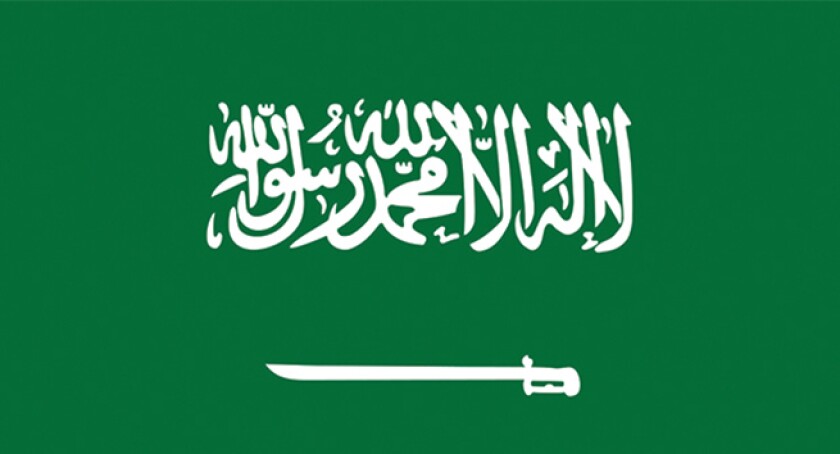The Saudi market comprises 3 MNOs; market leader stc Group with 43.2%, Mobily with 40% and Zain with 16.4%, as well as two MVNOs Virgin Mobile and Lebara. The telecom sector is fast-growing at a CAGR of 3.92% expected from 2024-29 due to urbanisation and rapid adoption of technology.
With little infrastructure sharing a high degree of parallel infrastructure has developed; 95% of Zain and Mobily’s sites are reported to overlap and as such, the government is keen to promote infrastructure sharing.
stc Group’s operator-owned towerco TAWAL was carved out in 2019 as the first towerco in the market and has been slowly increasing colocations from 1.1 to 1.2x with as only 10% of sites were shared. Zain and Mobily were hesitant to share infrastructure but signed a deal in 2020 with Mobily to take over 60-70% of their new builds and an MSA with Zain at the end of 2021.
Saudi Arabia - telecom market statistics Q3 2024

Zain KSA sold their 8,069 tower portfolio to The Kingdom’s Public Investment Fund (PIF) for US$805mn, which are being transferred to a new tower business unit Golden Latis Investment Company, or LATIS. The portfolio is around 60% macro towers and 40% rooftops sites, with plans to deliver around 2,500 greenfield build-to-suit over the next 10 years. The relatively low valuation of US$100k per tower implies a modest lease rate for the operator. Zain recieved 2.4bn Riyals and a 20% stake in LATIS, but PIF has submitted an offer to aquire Zain KSAs remaining stake.
PIF has now acquired stc Group’s 51% stake in TAWAL which has changed the towercos ownership structure from operator owned to a pureplay independent. Following this, PIF will consolidate both LATIS and TAWAL into a new single entity which will be 54% owned by PIF and 43.1% by stc Group, with LATIS minority shareholders owning the remaining issues share capital. This transaction is expected to complete in H2 2024, consolidating most of Saudi Arabia’s towers into a new entity with a combined count of nearly 30,000 sites internationally.
Finally, Mobily has begun the process of telling its tower portfolio, engaging various consultancy firms to start structuring a deal. This is still in the very early stages and no further information has surfaced, but it can be assumed this will be the final step for TAWAL to consolidate the market.
Saudi Arabia – estimated tower count Q3 2024

The Kingdom is in the midst of an ambitious Vision 2030 project to modernise and diversity the economy, and digitization is a core component of this strategy. This is paying off, as investments in 5G are expected to contribute US$18bn in GDP by 2030. With 60% 5G coverage, particularly in urban areas, and the development of numerous major megacity and smart city projects, network design is shifting from the macro layer to new coverage innovations. Zain is investing US$47mn into 5G network expansion, increasing their points-of-presence to over 7,000, 66% of the Kingdom’s population.
This growth in capacity is fuelling new site builds, with LATIS expecting to deploy 2-3,000 new sites and 1,000 of these complete by the end of 2024. Towercos positioning themselves as the leading provider of connectivity infrastructure for megaprojects and smart cities is also leading to an uptake in new builds, not just macro towers but full end-to-end coverage solutions including modular small cells and street furniture.
Edge data centres are being explored and there are expectations to see demand rise in the next 2-3 years. TAWAL has an inbuilding solutions (IBS) license, targeting enterprise and smart city opportunities and has already deployed over 100 sites, becoming a big requirement from operators. TAWAL has also launched a modular small cell smart pole able to provide additional services such as EV charging, advertising space, CCTV cameras and drone docks to serve a broad array of customers beyond MNOs.
Most sites in urban areas are on-grid but rural sites still rely on diesel generators. TAWAL have around 2,000 sites still using generators, although 500 of these have been electrified since 2019. Sustainability is a priority for the Kingdom which has committed to reducing emissions by 25% by 2025. TAWAL recently released its first sustainability commitments and is looking to incorporate solar, rectifiers and battery backup with sustainable energy management systems.


